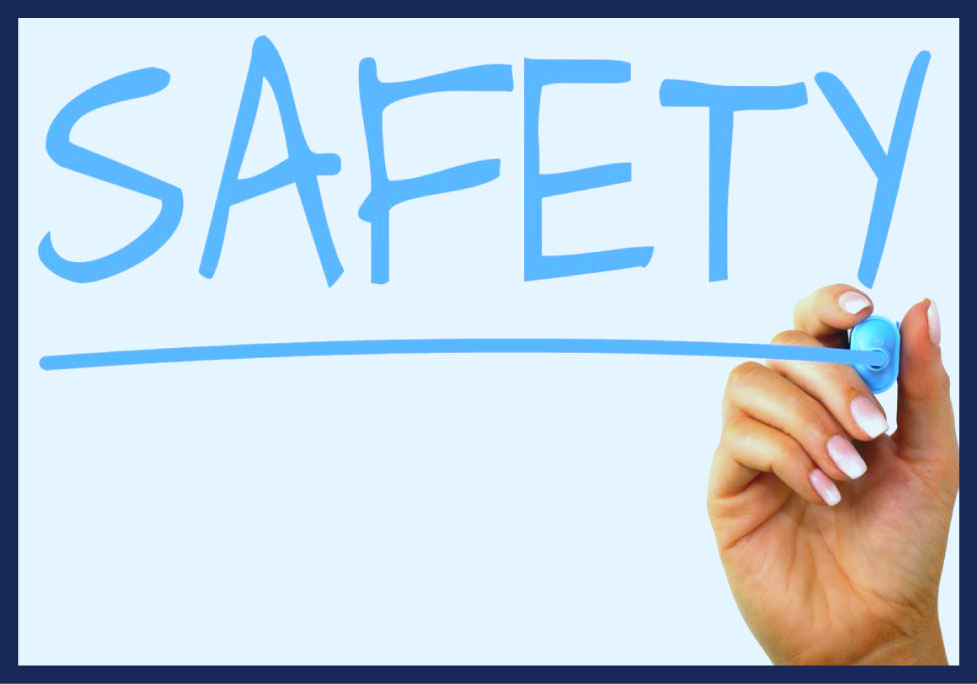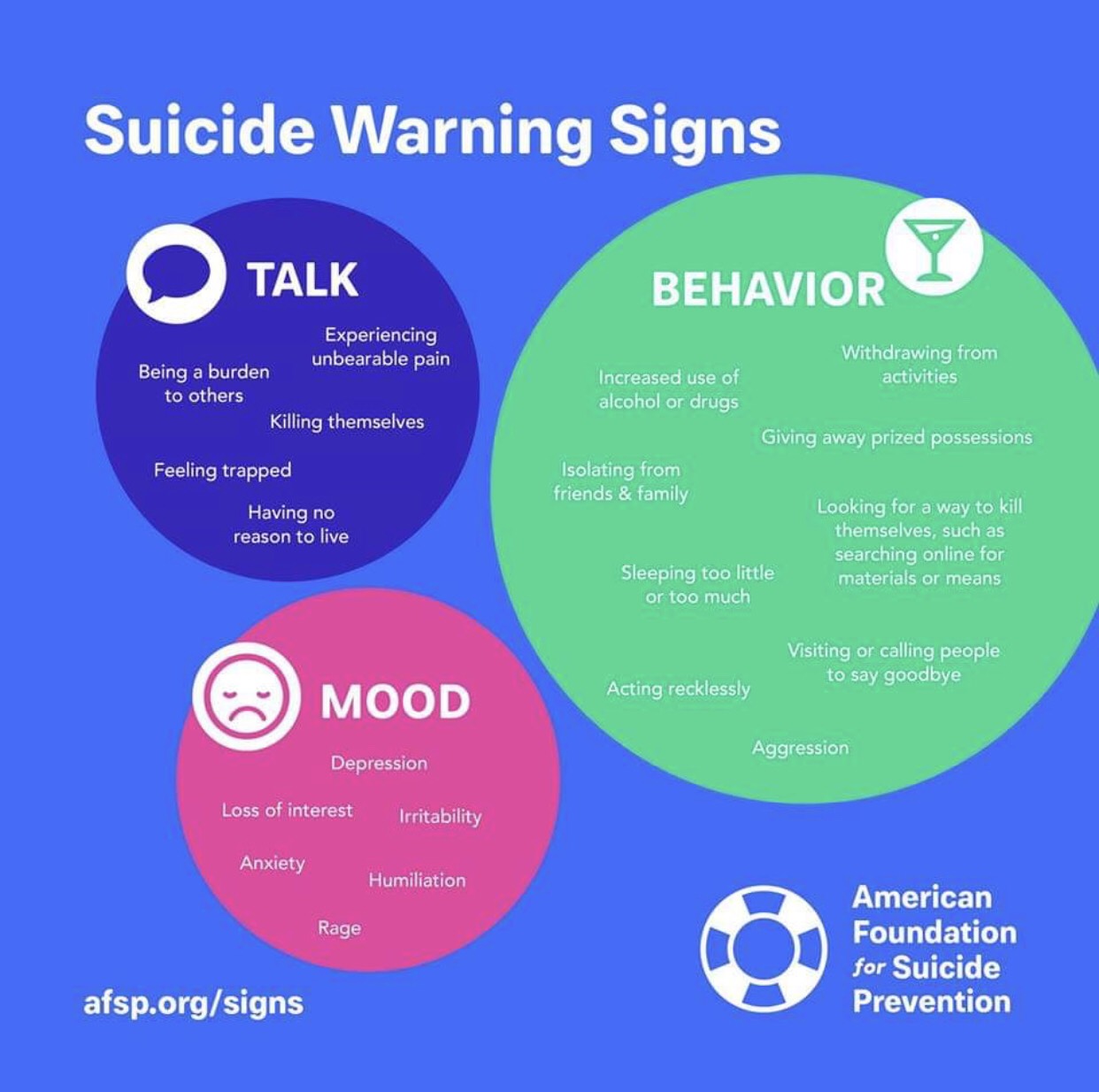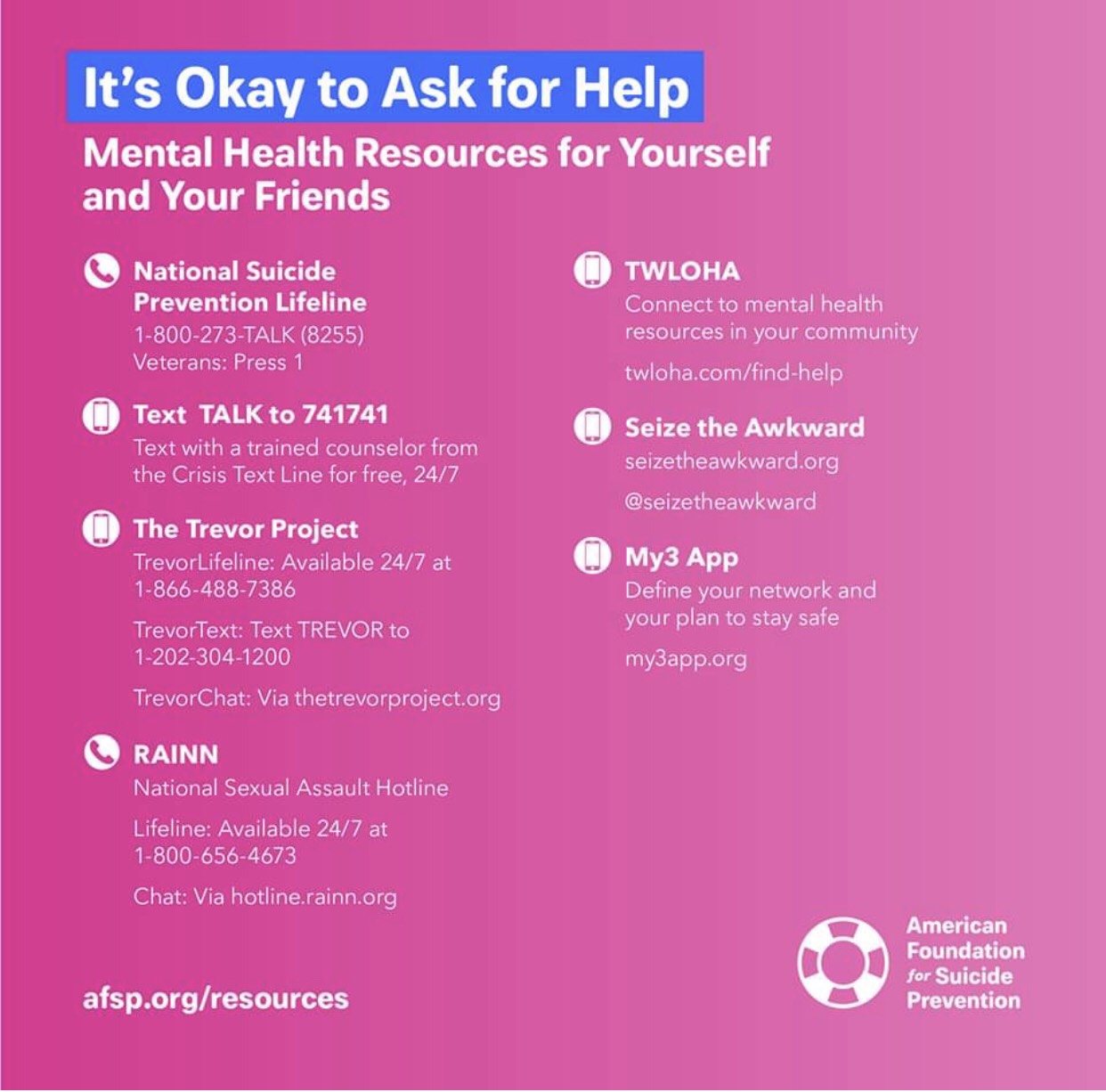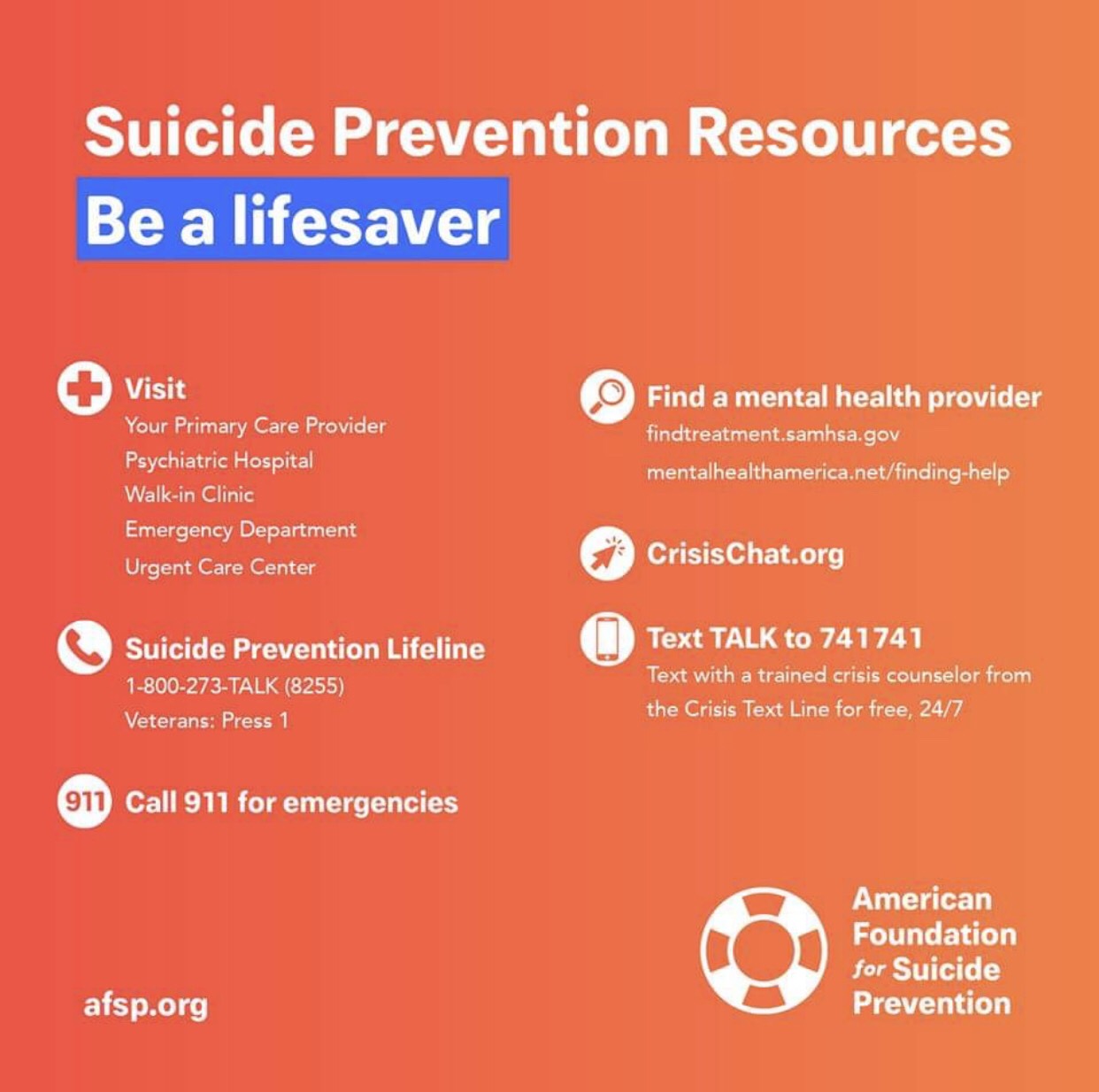In Response to Tragedy

by K-12 SCHOOL COUNSELING PROGRAM | Friday, Mar 29, 2019

|

|

|
Introduction
It is with heavy hearts that we read the tragic headlines coming out of Parkland, FL last week, a community that is home to many of our students and families. Last week, two students from the MSD community took their lives, which once again brings attention to the importance and necessity of proactive social-emotional and mental health support. We want to remind our students and families that the K-12 School Counseling program actively provides counseling services to promote students’ social-emotional health and well-being, and in addition is available to connect families to the appropriate community support and referrals.
Let’s be honest, though suicide is the 2nd leading cause of death in individuals ages 10 to 34, it is a topic of discussion that is often avoided. ¹ However, with this knowledge it becomes evident that it is a concern that needs our attention. As a counseling team, we encourage our students and families to open conversations surrounding mental health and well-being, be aware of the warning signs of depression and suicide risk, to take notice and demonstrate care when someone is struggling, and most importantly to know what resources are available and ACT when they are concerned for someone’s well-being.
Sandy Hook Promise: See Something Say Something
Since 2017, A.D. Henderson and FAU High School have collaborated with the Sandy Hook Promise organization, which is dedicated to encouraging and supporting solutions that create safer, healthier homes, schools and communities. Over the course of the last two school years, our 9th grade students have participated in Sandy Hook’s evidence-based program, Say Something. This program, which is intended for middle school and high school aged children, is an education and awareness program that provides tools and practices to: (1) recognize the signs & signals of a potential threat – especially in social media, (2) teach and instill in participants how to take action, and (3) drive awareness and reinforce the need to Say Something. We encourage both students and parents to review the Say Something guides below. Parents, please consider reinforcing this prevention and awareness program at home. Elementary parents can reinforce the “see something, say something” notion, and promote students speaking up when something does not look or feel right! Additionally, it is very beneficial to promote prosocial skills an with your elementary child, as well as discuss the importance of inclusion and positive peer relationships.
Suicide Prevention Resources
- Suicide Prevention Lifeline
- 2-1-1 Broward
- 2-1-1 Palm Beach
- Suicide Prevention Resource Center
- NAMI Palm Beach
- NAMI Broward
- Youth Suicide Warning Signs
Resources for the Parkland Community
- Professionals United for Parkland
- Eagles Haven
- Parkland Cares
- Children’s Bereavement Center
- City of Parkland: Mental Health Resources
Who do I contact in case of an emergency or if someone is in crisis?
In the case of emergency, do not leave the person alone and call 911 right away. If a friend or loved one talks or behaves in a way that makes you believe he or she might be in crisis, dial 211 a confidential, cost-free, 24/7 crisis response service or the National Suicide Prevention Lifeline 1-800-273-TALK. Remember, don’t try to handle the situation alone, get help from a trained professional as quickly as possible.
Questions/Concerns
If you have any individual questions or concerns, we encourage you to reach out to the appropriate school counselor on our team! We also want to remind you of our counseling referral forms, should you’d like to request individual counseling for yourself or your student:
References
National Institute of Mental Health (2019). Suicide statistics. Retrieved from https://www.nimh.nih.gov/health/statistics/suicide.shtml